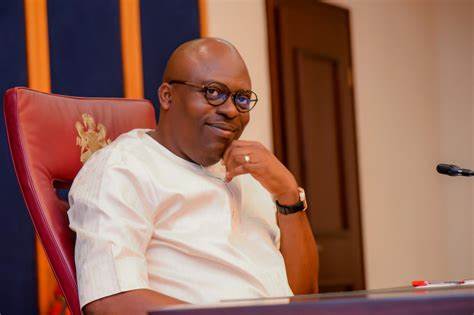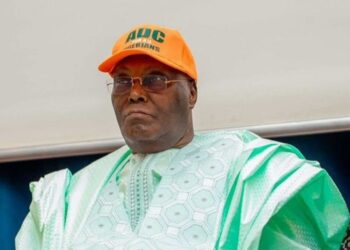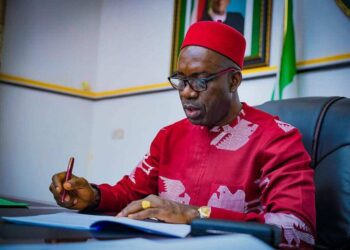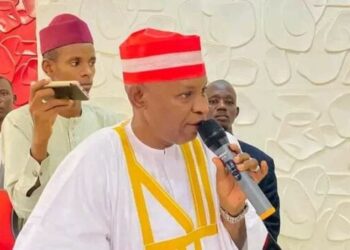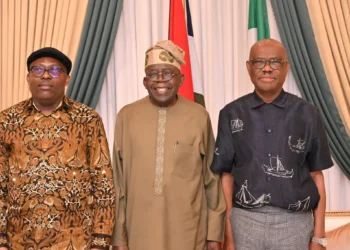Rivers State maintained a calm political atmosphere on Wednesday following President Bola Tinubu’s announcement ending the six-month emergency rule, with Governor Siminalayi Fubara expected to return to office on Thursday.
One of the governor’s aides confirmed to reporters that Fubara would resume his duties the day after the emergency declaration officially ended. The aide provided only a brief confirmation, stating that the governor would be back on Thursday without elaborating on specific plans or arrangements for his return.
Across Port Harcourt, the state capital, residents were observed discussing the development in small groups before continuing with their regular daily activities. The discussions appeared measured rather than celebratory, suggesting a cautious response to the political transition from emergency rule back to civilian governance.
In Opobo-Nkoro Local Government Area, Governor Fubara’s hometown, local residents were also awaiting his return. However, reactions among his constituents reflected mixed sentiments about the implications of his restoration to office.
One indigene identified as Ibifuro expressed ambivalent feelings about the governor’s return, acknowledging happiness while questioning the practical impact of the development. The resident suggested that Fubara’s ability to govern effectively might remain constrained, describing him as having limited autonomy and comparing his situation to an infant awaiting instructions.
Despite these concerns, supporters of the governor appear to be organizing welcome activities. Members of Rivers Women Unite for Sim, a group that backed Fubara during the political crisis, are reportedly making preparations to receive him when he returns to office on Thursday.
The restoration of civilian governance comes amid persistent uncertainty about whether the apparent reconciliation between Fubara’s political camp and that of his predecessor, Nyesom Wike, will prove durable. The political rivalry between these two factions was central to the crisis that prompted the emergency declaration six months earlier.
Elder statesman Sunny Chukumele, who serves as convener of the Coalition of Rivers State Leaders of Thought, expressed skepticism about the significance of the governor’s return. In an interview, Chukumele dismissed the development as merely the expiration of a predetermined timeline rather than a meaningful resolution to underlying political problems.
Chukumele indicated that his coalition and Rivers State residents generally were not celebrating the end of emergency rule. He characterized the return to civilian governance as potentially problematic, using biblical imagery to describe it as a journey back to Egypt, suggesting that previous negative conditions might be restored.
The elder statesman voiced particular concern about former Governor Wike’s continued influence over Rivers State affairs, warning that Wike had effectively captured control of the state’s political machinery. This assessment suggests that fundamental power dynamics may remain unchanged despite the formal restoration of elected governance.
Chukumele also expressed worry about the fate of three lawmakers who supported Governor Fubara during the political crisis that led to the emergency declaration. He warned that these legislators could face sanctions from Speaker Martins Amaewhule, who had opposed the governor along with the majority of assembly members.
The concerns raised by political observers highlight the fragile nature of the apparent reconciliation that enabled the lifting of emergency rule. While President Tinubu cited intelligence reports indicating renewed cooperation among stakeholders, local perspectives suggest that underlying tensions may persist.

